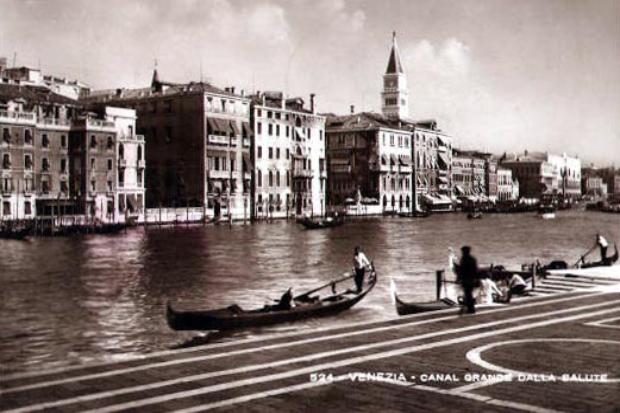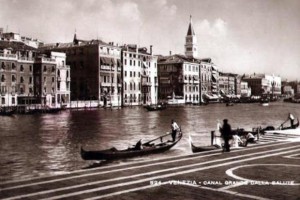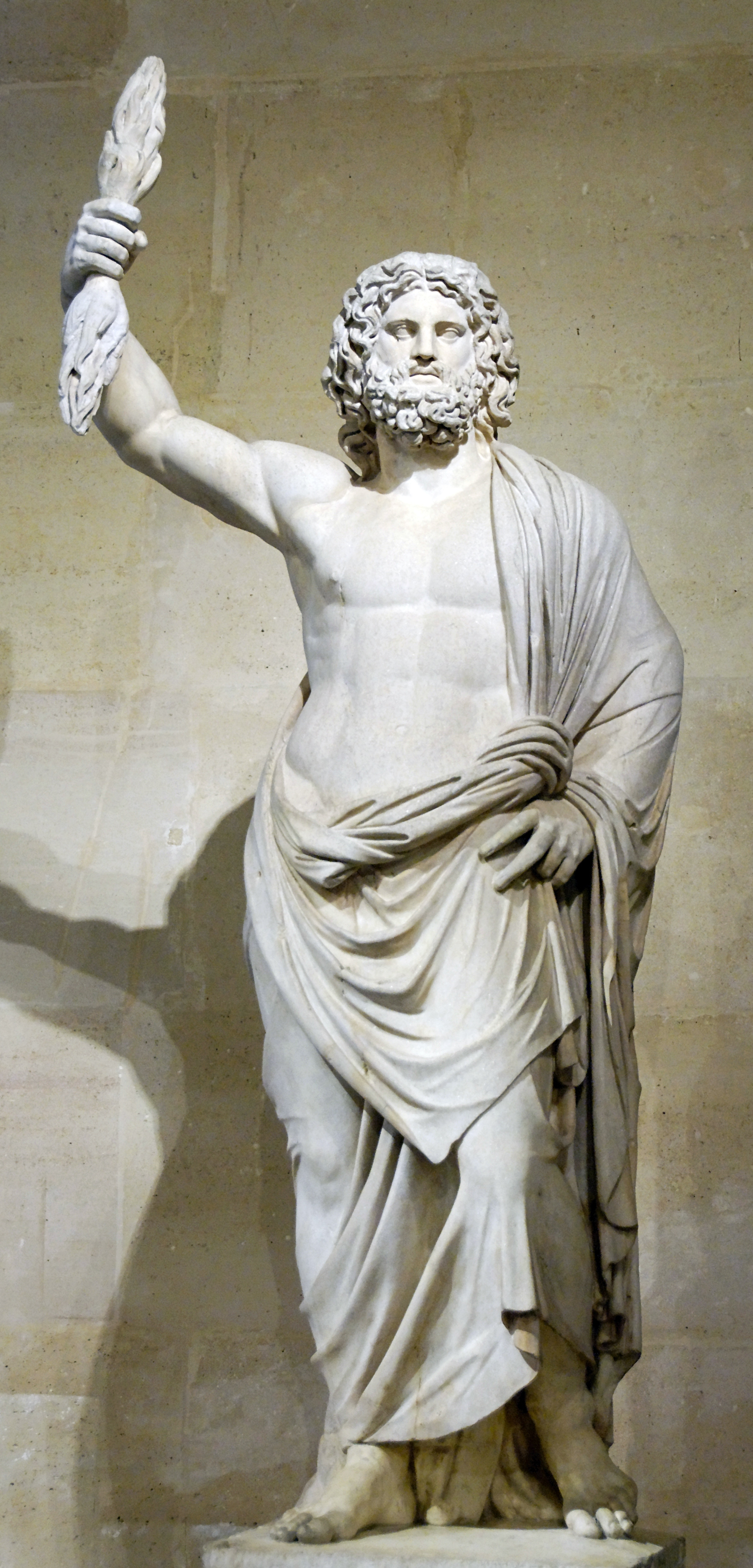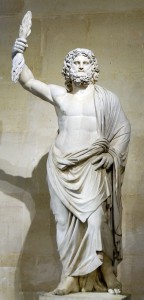 To Daniel MacGhie Cory
To Daniel MacGhie Cory
Hotel Bristol Rome May 29, 1928
It is too bad if I hurt your feelings by calling you a young barbarian. It was very far from my intention, but criticism by a friend is a delicate matter, and I ought to have been more considerate. Would you have minded if, supposing you had green eyes, I had called you a green-eyed wild animal, like a stag in a forest, who by some miracle doesn’t run away from you? I once wrote this, or something like it, to my friend Roberts, (it being rather too sentimental to say) and he was frightfully pleased. True he was nearer my own age, only 20 years younger, and didn’t regard me as an authority at all; and for that reason, and his natural transcendental conceit (he is now out of his mind, I fear) he felt how envious I was in my heart of hearts of his green eyes and his animal wildness. I have always felt the deeper roots of what is animal in man, and, in one sense, its prior rights: and the rebellion against harness and sober reason, the barbarian pride, has always seemed to me full of a kind of wild poetry and strength which it was a sorrow to me not to understand perfectly. By barbarian I under- stand undisciplined, rebellious against the nature of things, non-Moslem, then, rather than non-Christian—for you know “Moslem” means “resigned”, “submissive”. When people despise that which exists, in language, vocabulary, or morals, and set up the sufficiency of their unchastened impulses, they are barbarians. But, as I said in my letter of the other day, that may be the beginning of a fresh civilization. It is only at first that it seems crude and unnecessarily wasteful.—Thus Christianity, Gothic architecture, and German philosophy—as well as much in the spirit of English poetry, (cf. my “Hamlet!)— are barbarous in principle. I am therefore far from contemptuous when I use the word: but you perhaps really prefer the classical—do you?—and in that case, I take the epithet back, as applied to you, because to look away from barbarism is the most that any rational mind can achieve.
From The Letters of George Santayana: Book Four, 1928–1932. Cambridge, MA: The MIT Press, 2003.
Location of manuscript: Butler Library, Columbia University, New York NY
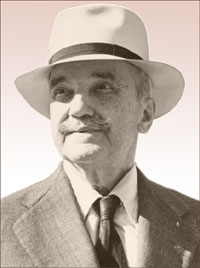 To George Washburne Howgate
To George Washburne Howgate

